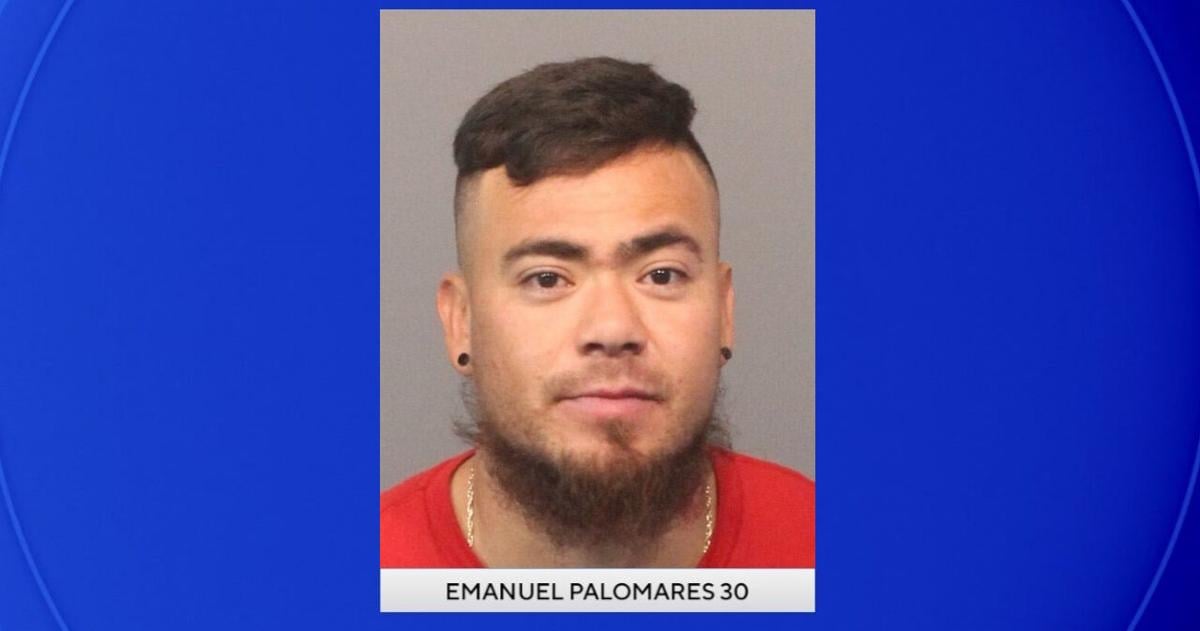
Los Angeles City Councilwoman Katy Yaroslavsky, 5th District, joined California Attorney General Rob Bonta, City Attorney Hydee Feldstein Soto and 150 public safety and advocacy leaders on June 5 for the first convening of the city’s Domestic Violence Restraining Order Enforcement Task Force.
The task force brought together court administration, law enforcement, attorneys and service providers with the goal of ensuring restraining orders are enforced effectively and survivors are kept safe. Held at the California Endowment, the meeting marked an important step toward a coordinated citywide strategy to improve enforcement of protective orders for survivors. The task force released new findings from a citywide survey of legal advocates and service providers that revealed widespread problems with enforcement that leave many survivors at risk, especially when abusers have access to firearms.
The study found that firearm relinquishment is inconsistently enforced. Abusers often falsely report that weapons are lost or are toy guns, and no system exists to confirm that firearms have actually been surrendered. Survivors face language and access barriers. Limited English proficiency, lack of legal representation and unfamiliarity with court processes often result in delayed or denied protection.
The report also stated that judicial responses are inconsistent. Some judges deny restraining orders based on outdated assumptions about abuse or penalize survivors for ongoing contact with their abuser.
Serving orders can be difficult. When the restrained person is unhoused or avoids service, survivors may remain unprotected for extended periods of time. Police response to violations also varies. Reports are sometimes dismissed if the violation does not involve new violence, undermining the intent of protective orders.
“A restraining order is only as strong as the system behind it,” Yaroslavsky said. “We need to remove guns more quickly from the hands of abusers, give law enforcement the tools and training they need and make sure survivors can access help without being retraumatized. This task force was created to fix the breakdowns that put people in danger, and I’m proud to see so many leaders coming together to do the work.”
The creation of the Domestic Violence Restraining Order Enforcement Task Force stems from a broader initiative led by Yaroslavsky to strengthen the city’s response to domestic violence. In February, the City Council unanimously passed two motions she authored, one to launch the task force and another to fund the largest expansion of domestic violence services in Los Angeles history. Together, the efforts are focused on improving enforcement, removing firearms from abusers and ensuring survivors have access to shelter, legal support and housing assistance.
“Protective orders like the domestic violence restraining order can be life-changing, and life-saving pathways to safety,” Bonta said. “We have much more work to do to make sure that survivors who ask for protection and obtain these orders are protected by ensuring that respondents are promptly and safely disarmed.”



